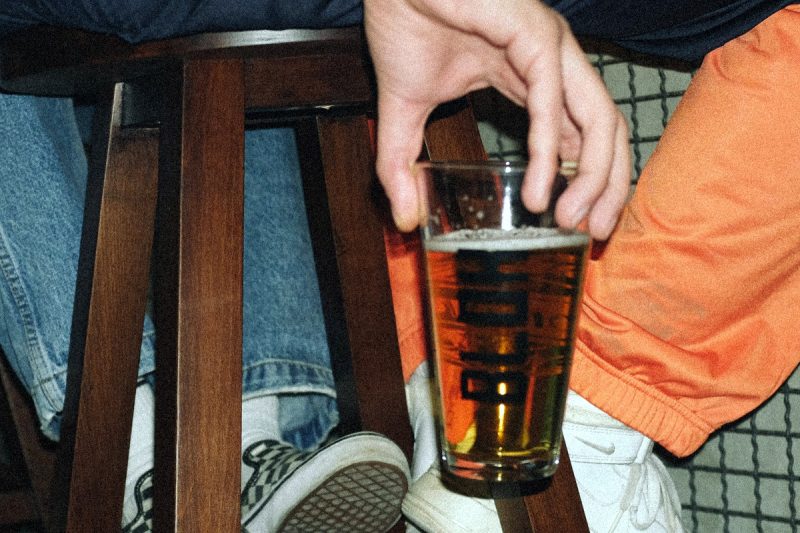Drinking and driving is not a good idea at all, and certainly not in the cockpit of an airliner, in the tower or as a flight attendant. Switzerland is now tightening the legal situation, which from May 2022 will make it possible for unannounced alcohol tests to be carried out, similar to road traffic.
No industry is safe from alcohol, because people reach for the bottle for a variety of reasons. Be it problems in life or just a celebration the night before starting work. Luckily, the latter scenario is the more common case that can have unpleasant consequences for employees in aviation. Unfortunately, it is often underestimated that the body needs longer to break down alcohol than you think.
However, it would be unfair to portray aviation employees as real "alkis", because it feels like 99,99 percent always come to work sober. Unfortunately, just like in other industries, there are always exceptions, mostly based on not recognizing that a few cocktails at the party can be a few cocktails too many. Unfortunately, there are people who are addicted to alcohol everywhere, including in aviation.
The sense of responsibility is generally very high in the industry, so that obvious cases are usually settled among colleagues without much fanfare. It is not often in Europe that drunk aviation employees fly or sit in the tower. Most employers have a strict 0,0 alcohol limit and violating it can result in immediate dismissal.
Nevertheless, some aviation authorities leave nothing to chance and order unannounced inspections. It is definitely not uncommon for the entire crew to be asked to take a breathalyzer during a ramp check, for example. In Switzerland, this is now anchored in the Aviation Act.
The change will come into effect on May 1, 2022 and will allow authorities to carry out unannounced alcohol tests on pilots, flight attendants and air traffic controllers on a secure legal basis. Similar to road traffic, this is a so-called sovereign activity that primarily serves safety.







 trail (for them it's free to use)
trail (for them it's free to use)